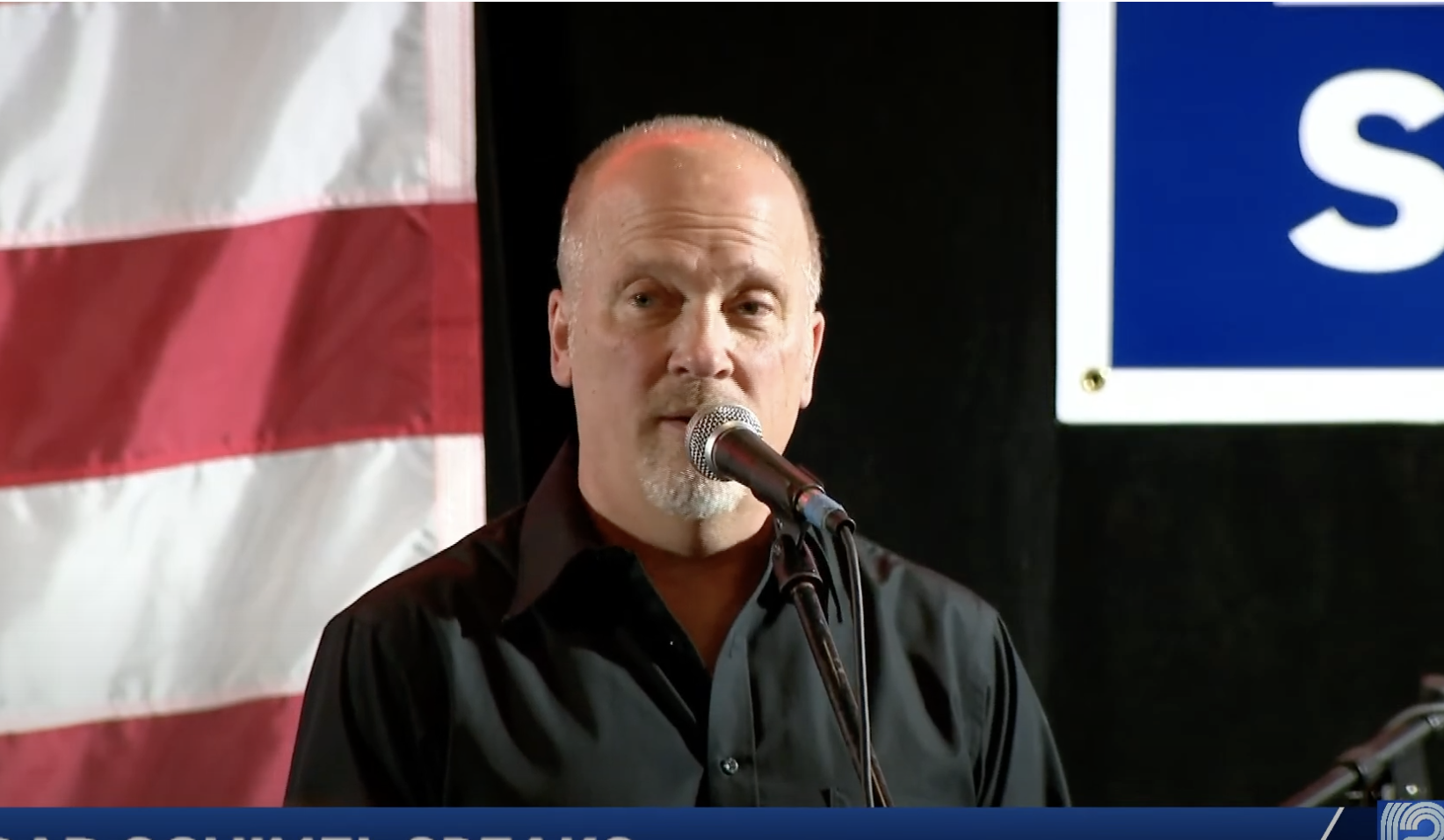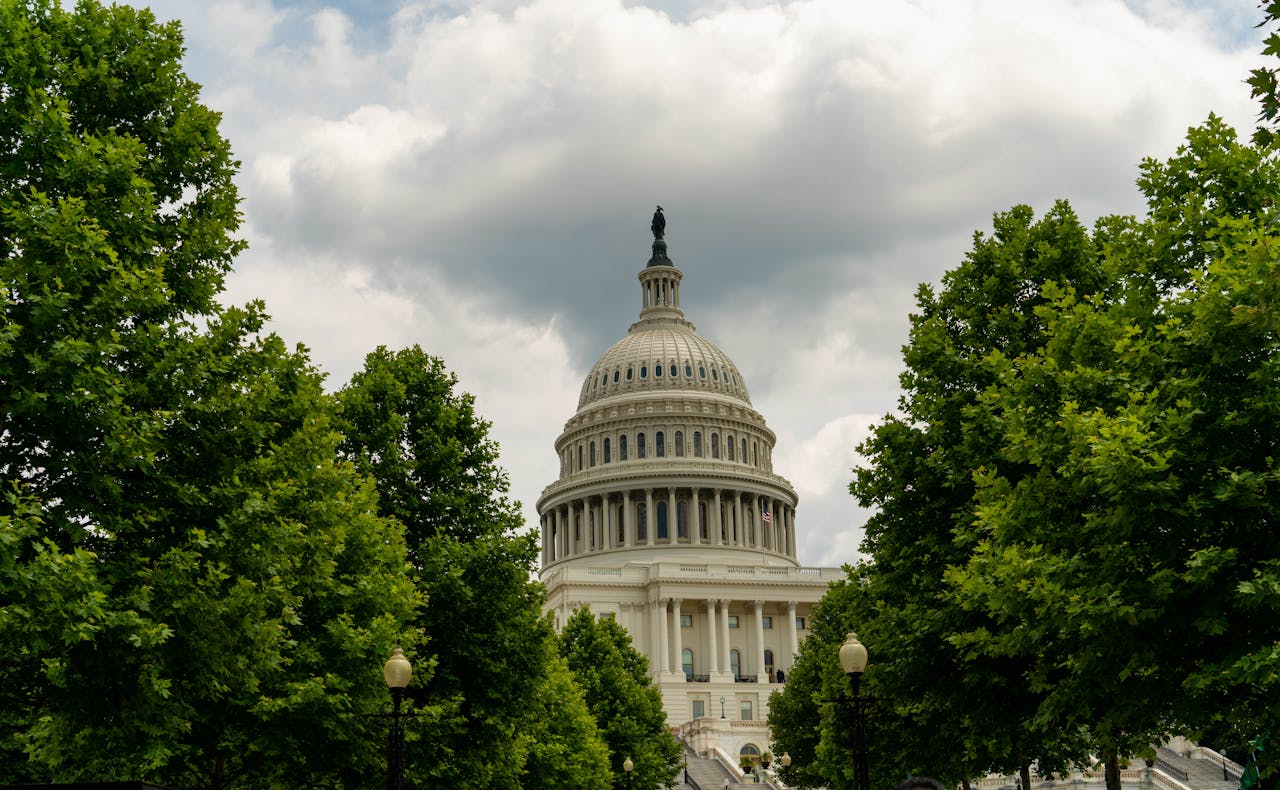Alaska Ranked-Choice Voting Repeal Loses By 664 Votes
The article discusses the recent outcome of a ballot initiative in Alaska aimed at repealing the state’s ranked-choice voting (RCV) system. Here are the key points:
1. **Ballot Measure 2 Results**: The initiative to repeal the RCV system was narrowly defeated, with unofficial results showing 160,619 votes against and 159,955 in favor (50.1% to 49.9%). This results in a difference of just 664 votes.
2. **Influence of Out-of-State Money**: The article highlights that the opposing campaign received substantial financial backing from out-of-state organizations, raising concerns about the influence of external interests in local elections.
3. **Legal Background**: The repeal measure was approved for ballot access earlier in the year following a lengthy legal battle.
4. **Mechanics of Ranked-Choice Voting**: RCV allows voters to rank candidates in order of preference. If no candidate secures more than 50 percent of first-choice votes, the lowest candidate is eliminated, and their votes are redistributed until one candidate achieves a majority.
5. **Political Implications**: The article argues that RCV has benefitted Democrats in Alaska and has been associated with problematic outcomes, including instances where candidates won despite a majority of voters supporting their opponents.
6. **Recount Possibility**: Phil Izon, a supporter of the repeal, has indicated plans to request a recount after the election results are certified, though he is not optimistic about a shift in the outcome.
7. **Additional Measures**: Alongside Measure 2, Alaska voters also approved a separate initiative (Ballot Measure 1) aimed at raising the minimum wage and establishing regulations on paid sick leave, which similarly saw support from out-of-state groups.
the article argues that the outcome emphasizes how out-of-state funding can significantly impact local electoral processes and policy decisions in Alaska.
Following weeks of counting votes, Alaska election officials determined on Wednesday that a ballot initiative seeking to repeal the state’s ranked-choice voting (RCV) system was narrowly defeated by 664 votes. The result comes after millions in out-of-state dark money flooded Alaska to defeat the measure.
According to The New York Times, unofficial results show Ballot Measure 2 receiving 160,619 “no” votes and 159,955 “yes” votes (50.1 to 49.9 percent). The measure was approved for ballot access earlier this year following a lengthy legal battle and sought to repeal Alaska’s top-four RCV system, which voters narrowly adopted in the 2020 general election.
Under ranked-choice voting, electors rank candidates of all parties in order of preference. If no candidate receives more than 50 percent of first-choice votes in the first round of voting, the last-place finisher is eliminated, and his votes are reallocated to the voter’s second-choice candidate. This process continues until one candidate receives a majority of votes.
RCV has largely been pushed by Democrats and has led to the Democrat victory of seats for which Republican candidates ultimately received the majority vote. It has also been shown to produce inaccurate election results as well high rates of discarded ballots.
In Alaska, for instance, Democrat Mary Peltola won the state’s 2022 special congressional race, despite “nearly 60 percent of voters casting their ballots for a Republican,” as The Federalist has previously noted. Peltola is projected to lose her 2024 reelection bid to Republican Nick Begich. Two GOP candidates who qualified for the 2024 general election ballot dropped out prior to the contest to bolster Begich’s chances of winning in the RCV system.
RCV also played a key role in ensuring GOP Sen. Lisa Murkowski’s reelection over a Trump-backed challenger during the 2022 midterms. As The Federalist’s Tristan Justice previously reported, Murkowski operatives were behind the 2020 effort to pass RCV in the state.
Phil Izon, who helped spearhead the campaign to pass Measure 2, reportedly said “he planned to submit a recount request once the election is certified, though he said he was ‘not optimistic’ it would change the outcome,” according to Alaska Public Media. Alaska law stipulates that recount requests must be submitted “within five days of state certification,” and will be paid for by the state “if the margin of victory is less than 20 votes or 0.5% of the votes cast,” according to Ballotpedia.
The measure’s presumed defeat highlights an unfortunate system in which out-of-state interests are able to influence Alaskans into dramatically altering public policy by using unlimited dark money.
As The Federalist previously reported, a recent analysis revealed the left-wing funded group that campaigned against Measure 2 outspent the initiative’s supporters by a hundredfold using funds predominantly received from pro-RCV organizations residing in other states. According to a report from the left-wing Alaska Beacon which cited financial disclosures, the groups Unite America, Article IV, and Action Now Initiative LLC — all of which are based in the Lower 48 — were among the No on 2 campaign’s “top three contributors,” according to the report.
Unfinalized results also show Alaska voters passed Ballot Measure 1, an initiative raising the state’s minimum wage, implementing regulations regarding paid sick leave, and barring employers from “taking adverse action against employees who refuse to attend employer-sponsored meetings regarding political or religious matters,” according to Ballotpedia. Much like the opposition campaign to Measure 2, proponents of Measure 1 were heavily bankrolled by out-of-state left-wing groups, such as the Fairness Project and Sixteen Thirty Fund.
" Conservative News Daily does not always share or support the views and opinions expressed here; they are just those of the writer."





Now loading...